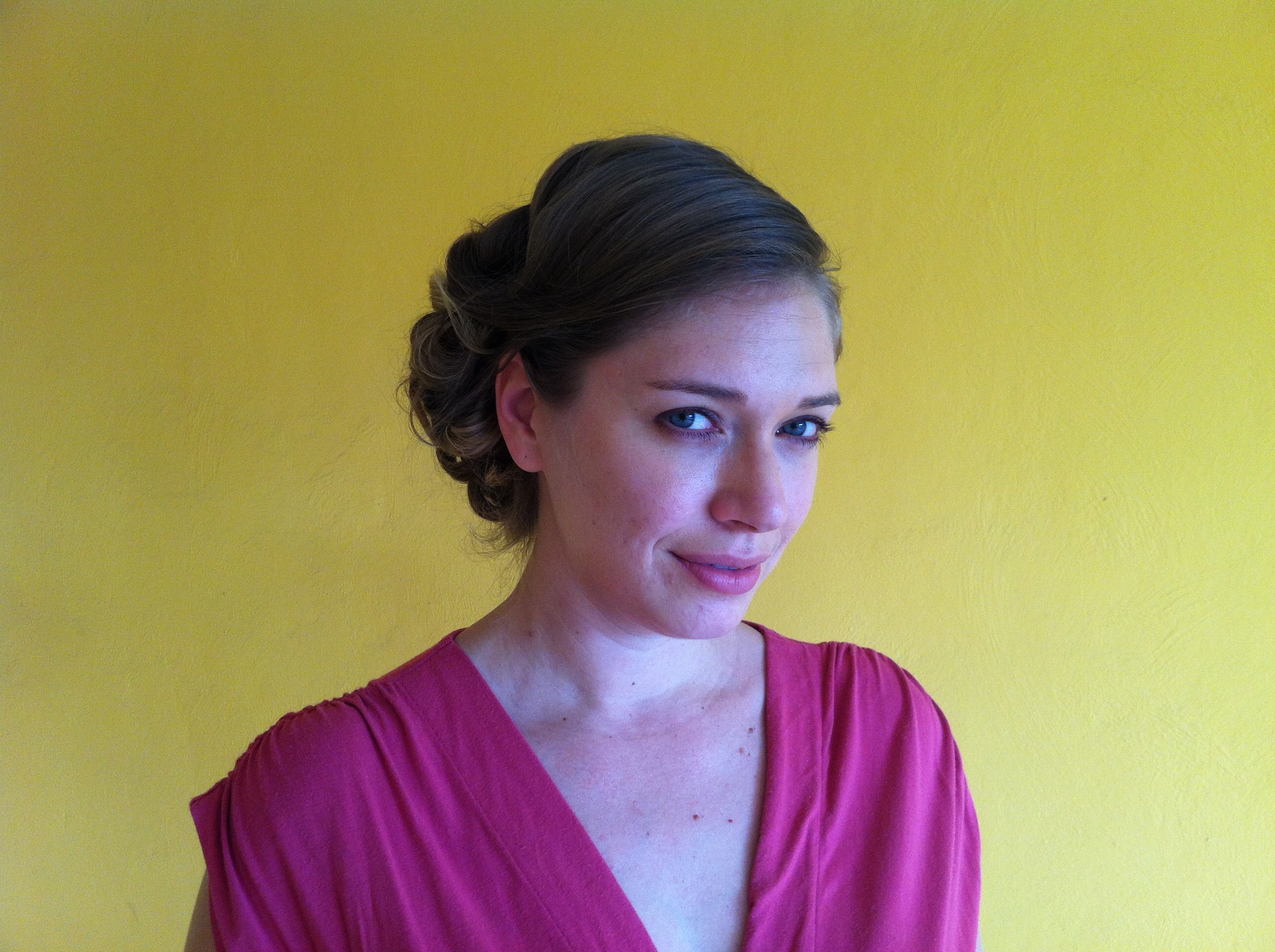Faculty Spotlight: Dr. Catherine Rhodes
December 1, 2020 - Felina Maria de la Luz Martinez

Dr. Catherine Rhodes is an Assistant Professor of Anthropology whose research focuses on what implications language has on how individuals think and interact with the world around them.
“Specifically, I study how people become socially identified and the roles language and other socially perceivable phenomena play in this process,” Rhodes said.
As a semiotic anthropologist, Rhodes studies how people make meaning through language and other social resources. Throughout her career, Rhodes said she has applied this research to the Yucatan peninsula in Mexico, documenting contemporary Maya scientific practice in the form of linguistics.
“I conduct research on the Yucatan peninsula because I am interested in questions of linguistic relativity. I was encouraged to pursue study of a non-Indo-European language to conduct this research and one of my advisors happened to work on the peninsula with Yucatec Maya speakers. Given the relationships I have built and the collaborators with whom I conduct research, I could not imagine working anywhere else,” Rhodes said.
Rhodes says she has been traveling to the peninsula since 2011 and has conducted research there since 2014. Currently, Rhodes says she is writing a manuscript on the production of disciplinary linguistics in the Yucatec Maya language.
“Historically and at most contemporary universities, linguistics has been and continues to be taught in Spanish. However, one university has recently begun offering an undergraduate program in linguistics and ‘Maya’ culture that uses Maya as the language of instruction,” Rhodes said. “My research shows that doing linguistics in Maya changes what can be known about the Maya language, but it also changes what we can know about linguistics as a discipline.”
Rhodes says a key component of her research is the social work it makes possible.
“Maya linguistics produces Maya linguists. As such, a new category of persons is made possible, which is influencing how people are making sense of what it means to be Maya today,” Rhodes said.
Along with this, Rhodes research further explores what it means to be Maya on the peninsula today,
“These processes hold insights for what it means to be Indigenous in Mexico today and it holds important lessons about how Indigeneity is an important factor in the construction of the modern Mexican nation-state. The shifting enactments of Maya-ness on the Yucatan peninsula pose challenges to existing formulations of the Mexican nation,” Rhodes said.
Rhodes says this work lends itself to her current research project, which she was awarded a grant from UNM’s Research Allocations Committee for in 2020, to examine a central concern in Maya-medium higher education.
“Some people believe that Maya students come into the university ‘thinking like Maya people’ and come out ‘sounding like Western academics’. Thus, my colleagues and I seek to understand what constitutes a ‘Maya’ way of knowing and how ‘Western academics’ stands in contrast to this,” Rhodes said.
To get started, Rhodes said they are designing and testing some pilot research methods to address these questions which they hope to pursue longitudinal funding for based on the results of the pilot research.
When it comes to what advice Rhodes has for young scholars in the field of Latin America, she emphasizes engaging with local scholars in the region, immersive language learning, and grounding research in deep, contextual, empirical data.
“Read, draw from, and enter into dialogue with the scholarship published in the language(s) where you work, and which is published in local and national journals and presses. Also publish in these venues, as it allows you to enter into conversations with these scholars. I also advocate for learning the language(s) and using them to do your research directly. Don’t just drop in and extract data. Develop long-lasting relationships and make sense of your data in light of those relationships. Finally, and perhaps most importantly, I would encourage scholars to be well-versed in the historical and ongoing processes of colonialism in Latin America, to approach these accounts in ethnohistorical ways, and to be self-reflexive about the role they and their research—including their findings—may play in these ongoing processes,” Rhodes said.
